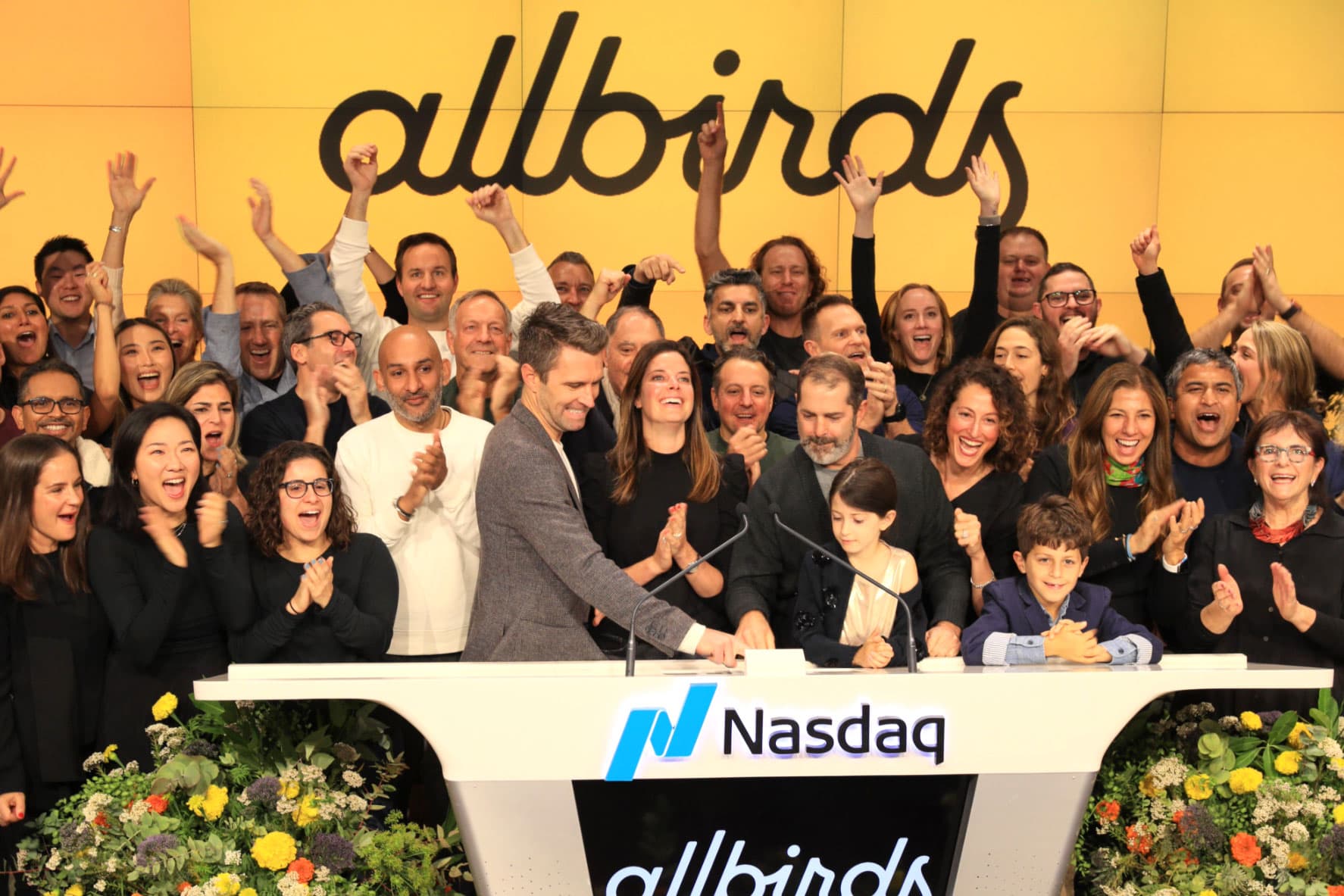The direct-to-consumer trend, which experienced massive growth and financial backing, has hit a roadblock. Many of the companies that were once thriving and received substantial venture capital support are now struggling to achieve profitability. This shift has made investors increasingly wary, particularly as the current market environment makes capital more expensive.According to GlobalData Retail’s managing director, Neil Saunders, distinguishing profitable direct-to-consumer companies from those that are not profitable is now crucial. Many of these companies lack a clear path to profitability, leading to heightened investor nervousness. The initial success of companies like Allbirds, Warby Parker, and Rent the Runway, which were emblematic of a new era in retail, was fueled by extensive venture capital funding and the surge in social media advertising and online shopping during the 2010s. Consequently, the funding in venture capital for retail companies skyrocketed from $60 billion in 2012 to an astonishing $643 billion in 2021, with a significant portion allocated to companies at the intersection of e-commerce and consumer products.As the Covid-19 pandemic accelerated the shift to online shopping, venture capital funds heavily invested in digital native direct-to-consumer companies. However, a CNBC analysis of 22 publicly traded direct-to-consumer companies revealed that over half have experienced a decrease of 50% or more in their stock prices since going public. Notable companies like SmileDirectClub and Winc have even filed for bankruptcy. Casper, a direct-to-consumer mattress company, made the decision to go private in late 2021 following a lackluster performance in the stock market. Most recently, Blue Apron, a meal kit subscription service, was acquired by Wonder Group and subsequently delisted from the U.S. stock market.As a result, many of these once-celebrated direct-to-consumer companies are compelled to reassess their business models to adapt to the evolving consumer landscape. See the video above for insights into the challenges faced by direct-to-consumer companies from the 2010s and how they are adjusting to the new decade.
The Challenges Faced by Formerly Successful Direct-to-Consumer Brands














